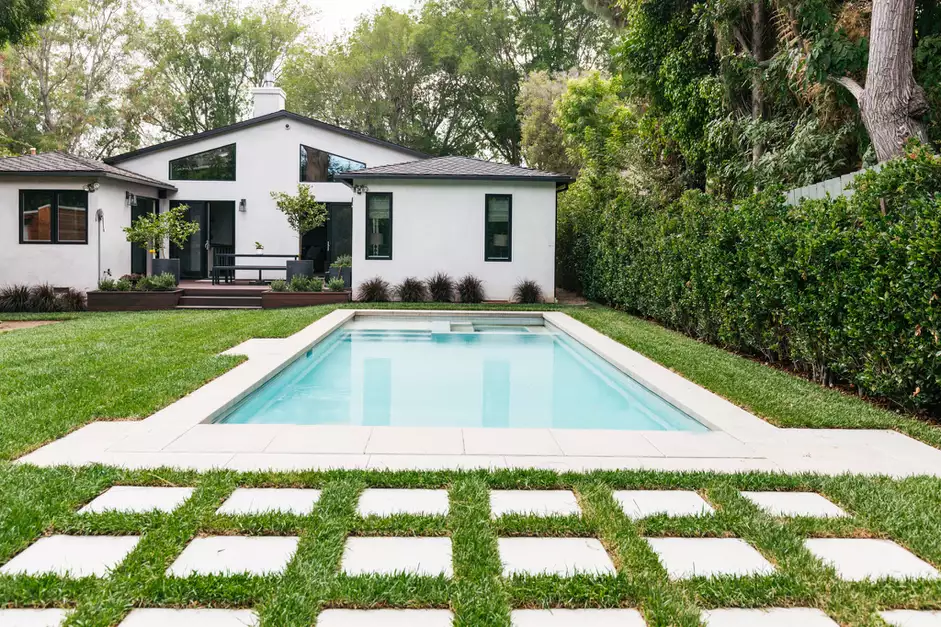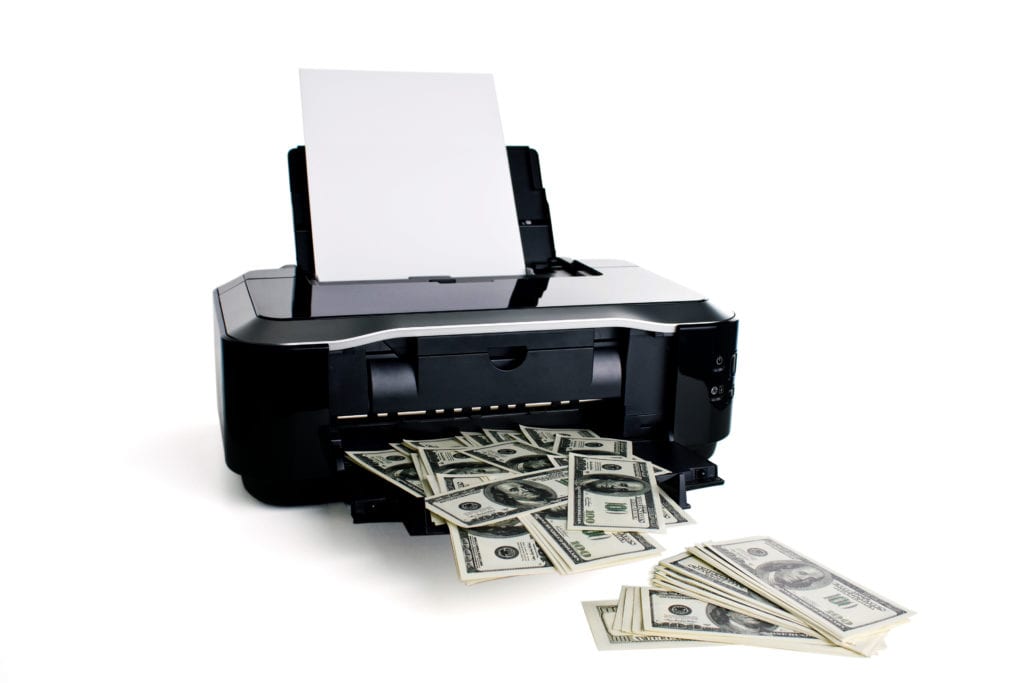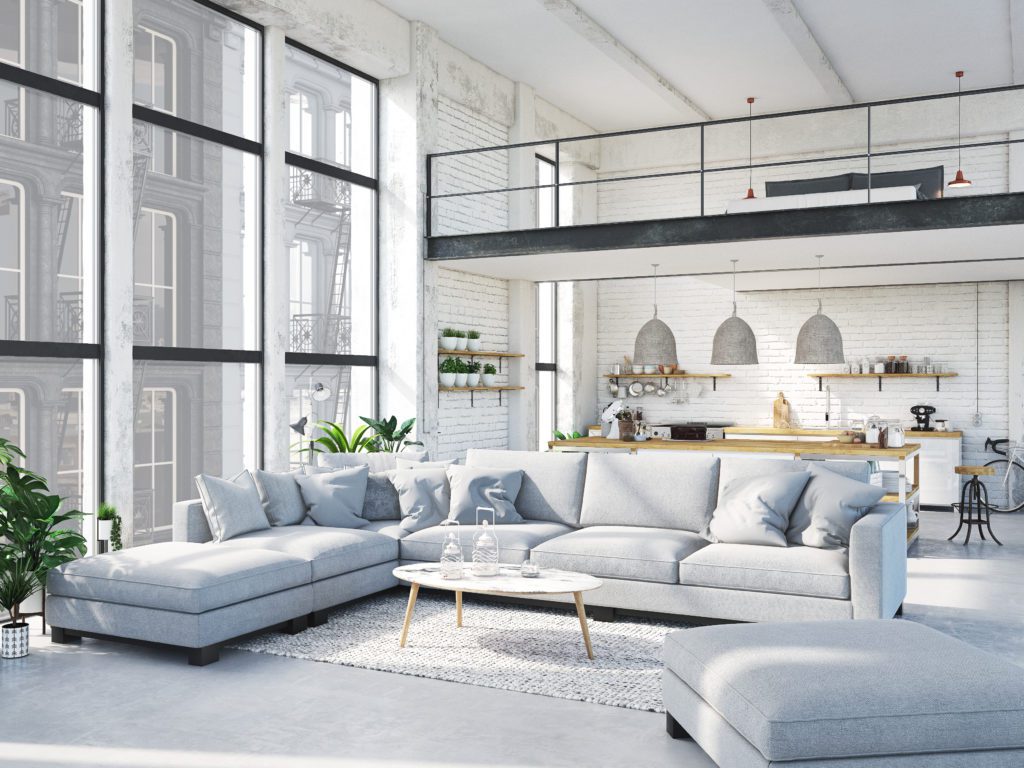
07.21.2022
Everything You Need To Know When Renting A Home With A Pool
Homeowners
There’s nothing more relaxing on a hot summer day than sun-bathing by the pool with friends, hosting a BBQ and enjoying a refreshing beverage. For tenants, a swimming pool can be the ultimate amenity, which adds value to the property and in turn means higher rent.
But landlords should keep in mind that there are risks in renting out a property with a pool. There are compliance to several laws and extra precautions must be taken to protect themselves from any liabilities, consider maintenance and any extra costs that comes with it.
Here are a some important things you should consider:
Think about your Potential Buyers
Some would love to have a pool on their property, but some renters may see it as a red flag. For example, married couples with young children, possibly senior citizens – this may narrow down the ideal renters you can attract.
You could be liable for accidents
You should always install safety features! It’s a good idea to speak with an attorney about any federal and state laws surrounding pool safety to learn how to protect yourself if an accident happens in the pool. You can’t control how your tenants use or act around the pool but you can protect yourself from any liabilities and they won’t be able to sue you.
Some safety features and ways to limit liability:
1. Install a gate
You can get a pool with a self-closing gate that surrounds the pool. Make sure to install a gate that can’t be climbed and is at least four feet tall.
2. Cover and lock it up
Getting a pool cover with latches or a power safety cover is another great safety feature to protect children and pets, especially when it is not in use. All cleaning chemicals such as chlorine should be locked away in a secure storage space that isn’t in direct sunlight as well.
3. Post signs and warnings
You can post rule signs around the pool to emphasise safety precautions. “use at your own risk,” “children must be supervised at all times,” or a “no diving” signs
4. Install security Alarm
You can install an alarm that rings if there is any movement detected at night. This alarm will alert your tenants of any trespassers taking an unwarranted dip in the pool.
5. Rescue equipments
Have safety features installed in case of accidents. These can include a first-aid kit, life rings, rescue tubes, and any other safety equipment nearby that is easily seen and accessible.
6. Pool Maintenance
Pools can be costly when it comes to maintenance. Vacuuming, adjusting chemicals, cleaning out the filters. Chlorinating to keep your pool sanitised and water looking clean. This can be done yourself or by hiring professionals who can come on a weekly basis when the pool is open for use during the warmer weather. It is important to have proper upkeep. An unclean pool can also deter renters from renting the property.
7. Having Extra Insurance
It is a must when it comes to purchasing liability coverage. Having the proper safety features will also affect how much insurance you pay. You may also want to set up a LLC, which protects your personal assets if a tenant sues you. Ideally, you should speak to an expert and lawyer to discuss how you can protect yourself.
8. Protect Yourself Through Your Lease
In your rental agreement, you can have your tenant sign an addendum. Detail the rules of the pool, your responsibilities as a landlord, and your tenant’s responsibility. You can also include that it is your tenant’s responsibility to notify you if something is wrong with the pool or its safety features. You might even want to go a step further and let your tenant know that they will be held accountable for repairing or replacing anything that is damaged while under their lease.
9. Offer tenants a pool safety brochure or guide
This is an added precaution and can be added to their welcome package. This shows you care as a landlord while informing them of ways to use the pool and using it safely.
Renting out a house with a pool is a lot of responsibility and somewhat risky so it’s important to ask yourself the relevant questions before making a decision.
- Can you rent a house with a pool and maintain the upkeep?
- Do you have the appropriate insurance and safety features to protect your tenants and yourself as a landlord?
Generally, renting out a house with a pool could increase your rental’s profitability and desirability. Hopefully, with all these considerations and tips, it will help you decide if you want to rent out and to be better informed in preparing your home for safety!



